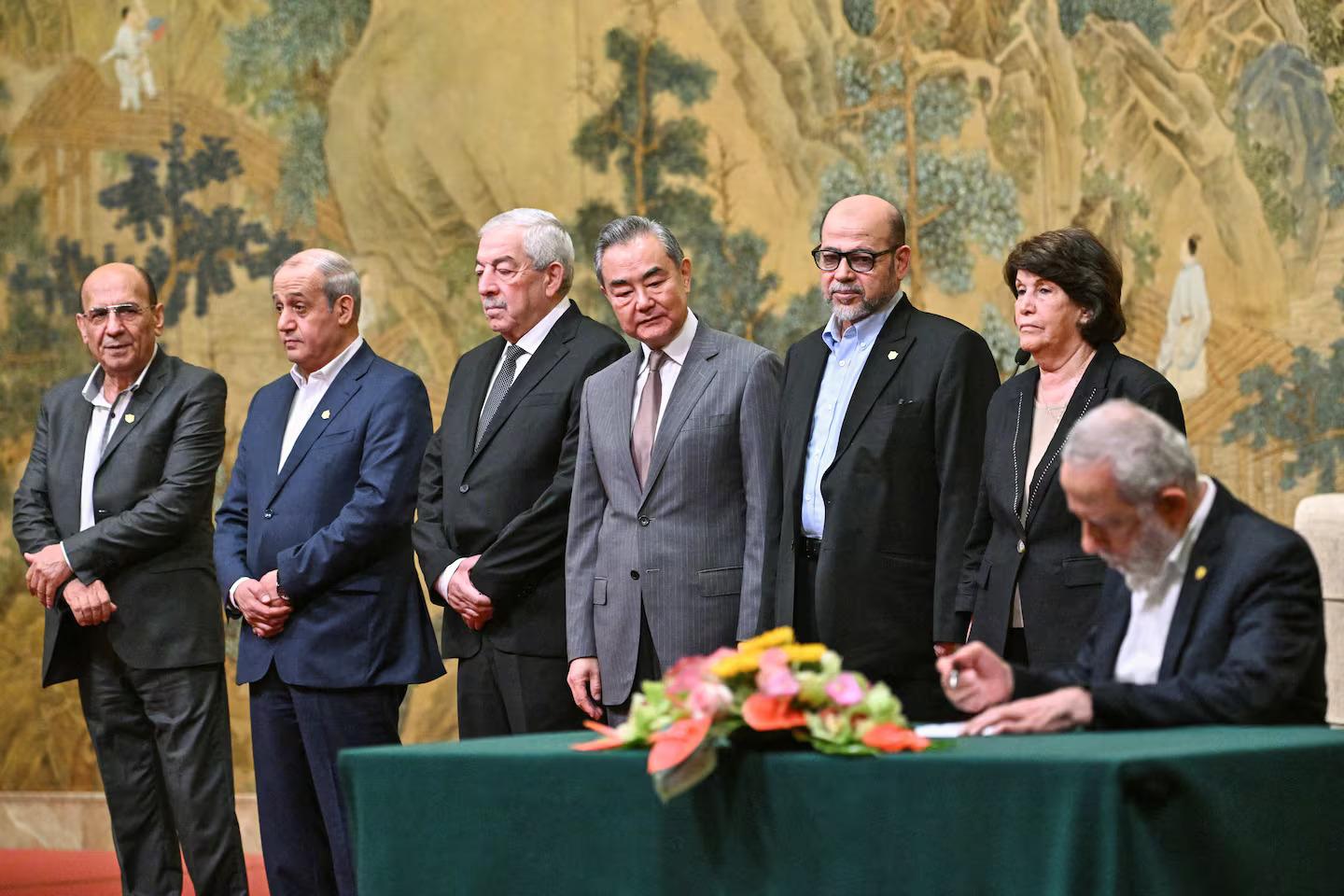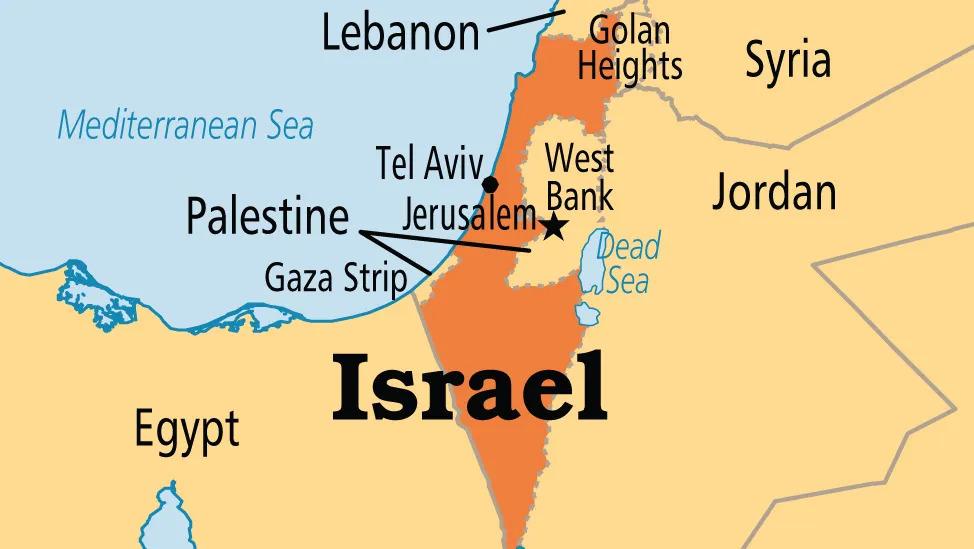Palestinian unity deal: Illusion or path to peace? A day after
On July 23, Palestinian rivals Hamas and Fatah agreed to form a unity government at talks hosted by China in Beijing. According to the new declaration, bitter foes Hamas and Fatah agreed to form a unity government to govern the Palestinian Administration in the West Bank and the Gaza Strip in the post-war period. Since the outbreak of the war in Gaza between Israel and Hamas, the Western partners provided military and political support to Tel Aviv, labelling Hamas’s brutal October 7 attacks as a pure example of terrorism action.
However, the war in Gaza heightened tensions between Hamas and Fatah, thus exposing the ideological disparities between the two main Palestinian groups. Despite mediation and long-term negotiations, both sides refused to acknowledge each other as representatives of the Palestinian cause and people. Nevertheless, the mounting human casualties in Gaza, Hamas’s depleting resources, and Fatah's worsening image paved the way for a new round of negotiations under close watch of China.
Although China distanced itself from active involvement in the Gaza war mediation earlier, the United States (US) and other Western countries' failed attempts to ensure a ceasefire opened new horizons for Chinese diplomacy. Given its previous success in Saudi Arabia – Iran détente in March 2023, Beijing agreed to host talks between rival Palestinian groups as the war raging in Gaza has no end in sight. The two groups issued a joint statement announcing the deal but gave no details on how or when the government would be formed, saying only that it would be done by agreement among the factions.

Indeed, the recent declaration signed in Beijing is a breakthrough within the Palestinian rival groups, though it is just an initial step in a very long way to unity. The roots of the rivalry between Fatah and Hamas go back to 2006, when Hamas overtook the power in Gaza following the election results. Hence, the deep schism between the two stirs doubts regarding the durability of the Beijing Declaration. Undoubtedly, Hamas is less keen to share power in Gaza with another Palestinian group, but the current poor prospects in light of the war leave no option for it but to reconcile and adopt a post-war strategy.
The same approach is also an option for Israel, even though the Israeli Foreign Ministry criticized Fatah's decision to align with Hamas. The long-term war in Gaza facilitated the domestic and international pressure on the ultranationalist government of Israeli Prime Minister Benjamin Netanyahu, who until recently clearly had not had a post-war plan for Gaza.
A number of plans have been proffered for addressing the post-conflict environment. One of the cited proposals calls for regional and non-regional states to implement a Multinational Authority to temporarily administer Gaza. However, the willingness of countries in the region to participate in such an effort remains questionable. Some regional countries like Türkiye, the United Arab Emirates, and Egypt expressed interest in governing post-war Gaza, though they were unsuccessful.

Compared to Türkiye and the UAE, Israel prefers to defer the control in Gaza to the Palestinian Authority (PA) to avoid the potential return of Hamas to the area after the ceasefire. However, the PA's contradictory reputation among Palestinians undermines Tel Aviv's post-war plans. Moreover, the PA's case explains the core reasons behind its agreement to form a unity government with Hamas. Nevertheless, it is not clear what role Hamas will take within the unity government as the Palestinian Liberation Organization (PLO) led by Mahmoud Abbas is considered to be the main legitimate representative of the Palestinian people.
Another possible scenario is that Hamas will agree to join the PLO umbrella, reflecting the earlier reconciliation agreement signed in 2017 with Egypt's mediation. Under the deal, a new unity government was supposed to take administrative control of Gaza two months later, ending a decade of rivalry.
Although the Beijing declaration has yet to be discussed and fulfilled, China has significantly boosted its image as a mediator of complex issues, including the Palestinian issue. However, Israel's harsh stance on Hamas and its presence in Gaza may undermine the current reconciliation talks between Palestinian groups and delay the long-awaited ceasefire.








